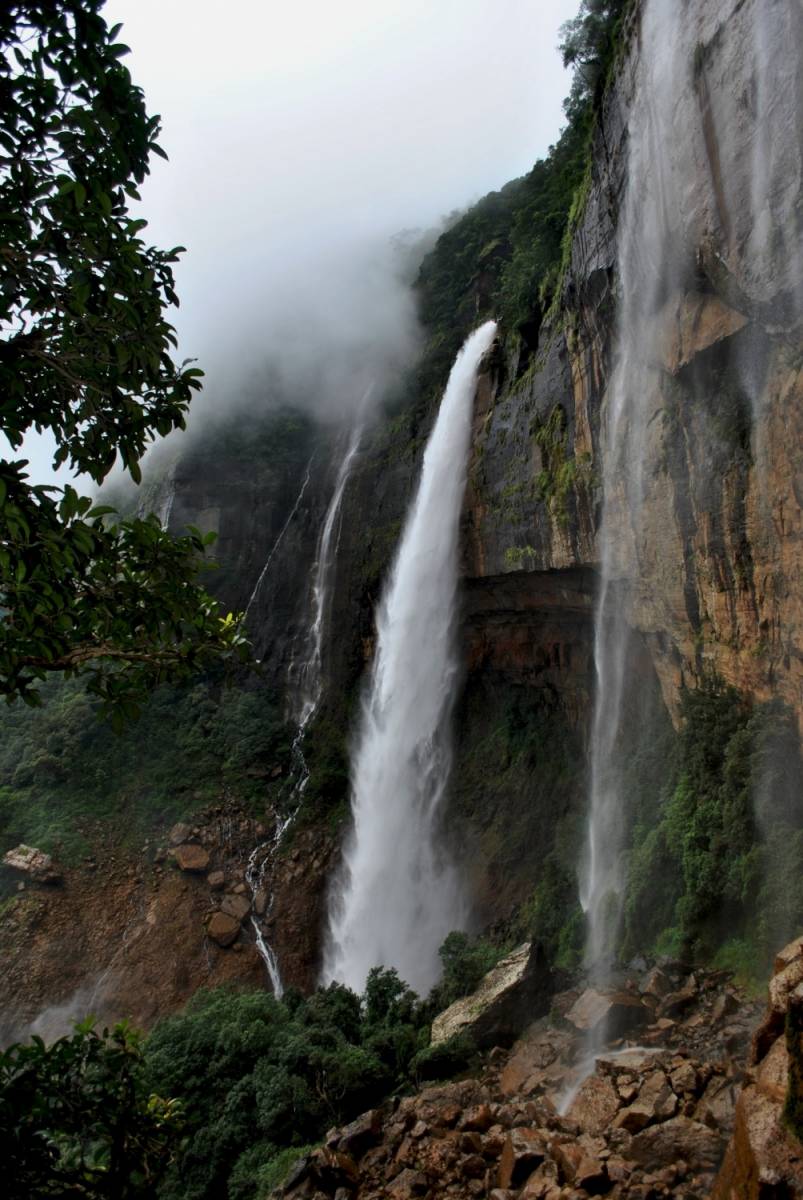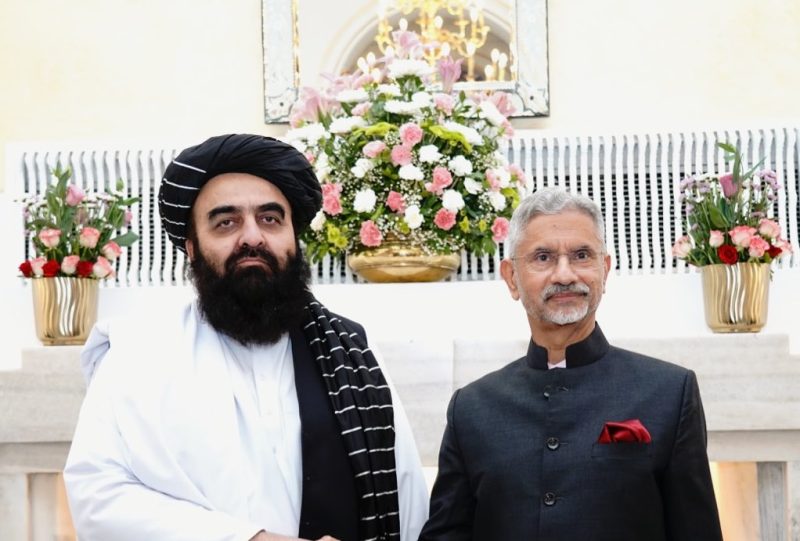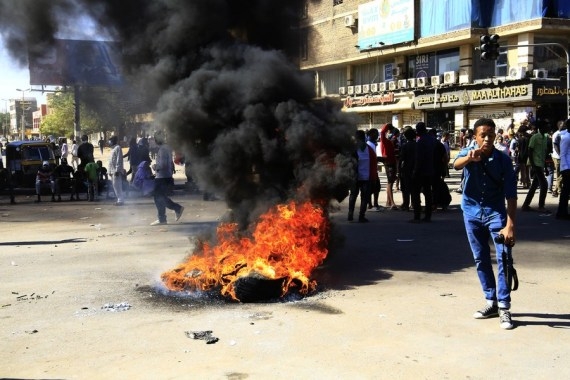A grassroot ‘mini climate change conference’ was held with 18 villages of a province called Ri-Bhoi – known for facing the ravages of fast approaching climate change reality….reports Asian Lite News
As climate change morphs into a real time threat, Meghalaya has turned to invoking its traditional leaders and institutions by turning them into evangelists and climate actors and crusaders.
Meghalaya Forest Minister James Sangma has decided to take it upon himself to collect ecological knowledge and climate wisdom from the ancestral conceptions and indigenous tribal leaders of traditional institutions to create awareness and strategy of climate change adaptation and mitigation for the state.
A grassroot ‘mini climate change conference’ was held with 18 villages of a province called Ri-Bhoi – known for facing the ravages of fast approaching climate change reality.
Apart from the formal government systems (the state legislature and judiciary) as well as Autonomous District Councils that were carved to allot greater autonomy to tribal communities in Meghalaya, the state’s village level traditional institutions called Dorbar in Khasi and Jaintia Hills and Nokma in Garo Hills are village level authorities that administer at the local levels in the matter of quotidian activities like settlement of local disputes, management of natural resources and provision of basic services.
In that sense, Meghalaya is a strong decentralised society where these Dorbars and Nokmas organise the community and social life for their citizens and hold a great degree of historical legitimacy amongst people.

Infact, Meghalaya was exempted from the 73rd Constitutional Amendment Act which allows for the devolution of governance through the decentralised Panchayati Raj system because of its strong grassroot and community governance structure.
One of the global learnings emerging from Covid response all across the world is a new form of ‘decentralised’ governance where the state works in alliance with traditional and grassroots institutions and leaders.
This bottom up approach is critical for social mobilisation and tackling the 21st century challenges like climate change.
Several complex issues such as climate change, diminishing rain patterns, green livelihoods were discussed with indigenous examples of several localised climate legislations – emerging in the conversation. In the idea exchange, there were conversations about green energy and livelihoods, agroforestry models and several preservation models that could incentivise the villagers and junta to create a new template of climate action economy.
After having piloted a successful project using multi strains of indigenous Algae or phyco-remediation to clean up the toxic industrial waste of one of its rivers, the Forest Minister has launched an open mandate to embrace local ecological knowledge and build nature based solutions.
Sacred Groves in Meghalaya, which are community based sacred forests, have been largely instrumental in community led forest management practices and large scale preservation. There were more green livelihood options such as algae and carbon farming, agro-forestry models and wellness tourism using folk medicine – with abundance of high value indigenous wellness knowledge systems were also discussed with the grassroots representatives.
Forest management and climate change adaptation strategy should integrate socio-cultural and ecological phenomenons and should be aimed to sustain human needs and maintain the ecosystem integrity.
It has also been emphasised to include climate change and conservation as a part of school along with several green interventions with the headmen for turning the province into a ‘climate action zone’.
The grassroot conference was one of the first interventions on the part of the government to start collecting indigenous knowledge, community engagement and empower decentralised governance to bolster its fight against climate change.
(The writer is Minister for Power, Environment and Forests, Meghalaya)














